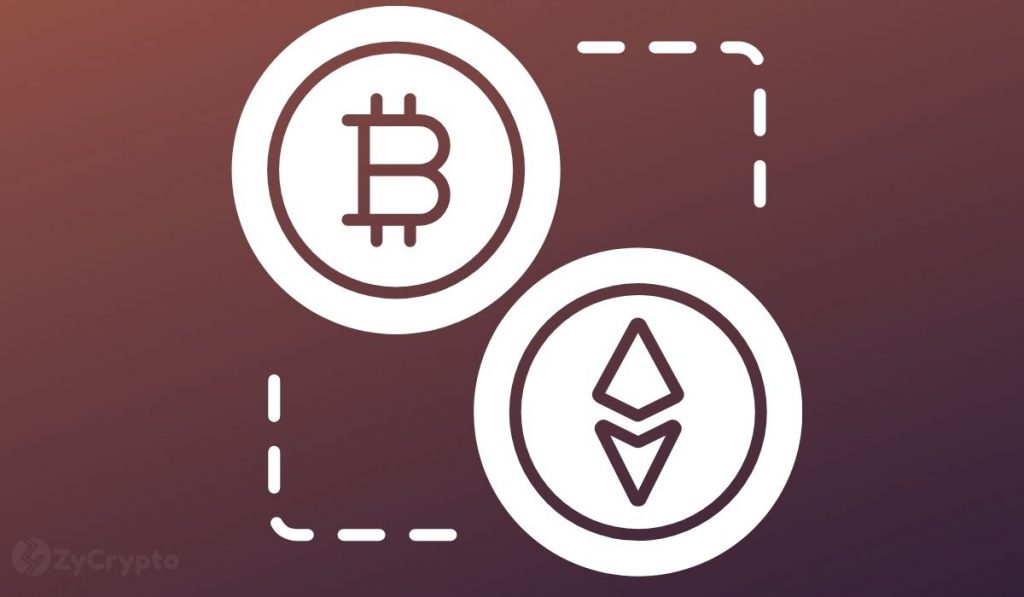Is the Ethereum blockchain network more decentralized than Bitcoin? This question has been frequently raised by crypto industry insiders and developers in recent years.
According to Morgan Stanley, Ethereum is currently less decentralized than Bitcoin. The U.S. investment bank also claimed that the Ether cryptocurrency is essentially riskier than Bitcoin because it’s more volatile.
The Perils Of Ethereum
In a research note titled “Cryptocurrency 201: What Is Ethereum?”, analysts at Morgan Stanley Wealth Management observed that the Ethereum network is less decentralized than bitcoin. This is because the top 100 addresses hold 39% of the total Ether supply while Bitcoin is much more distributed at 14%.
Ethereum is structurally and fundamentally different from the original cryptocurrency because its network is optimized to handle the decentralized finance (DeFi) and non-fungible token (NFT) industries. In fact, these booming sectors are largely built on top of the Ethereum blockchain. But it could lose its crown to other worthy competitors in coming years, the bank’s analysts said. Some of these notable challengers include Cardano, Solana, the BNB chain (previously known as the Binance Smart Chain), and Tezos.
DeFi represents the idea that traditional financial services may be replaced by blockchain-based protocols. Comparably, the NFT market involves using cryptocurrency technology to tokenize assets and digital media that can be uniquely owned or traded like collectibles.
 
 
Morgan Stanley, which is the world’s fourth-largest investment bank by revenue, further argues that DeFi and NFT sectors are prone to fast-changing laws. As such, harsh regulations could reduce the demand for transactions on Ethereum.
Ethereum Growing At Breakneck Pace
The investment strategists also pointed out that ETH, the currency of the Ethereum smart contract network, has proved to be more volatile than bitcoin. Since 2018, Ether has been approximately 31% more volatile than the premier cryptocurrency.
In addition, they believe Ethereum is growing at a rapid clip compared to Bitcoin. This means that its memory capacity has surpassed that of Bitcoin 50% of the time. Developers in the Ethereum ecosystem must make changes or risk having the storage demand transcend the available resources.
The note also highlights that the high gas fees — a problem that has plagued ethereum since its inception — cause scalability issues and hinder adoption as the high costs make the network unreasonably expensive even for minute transactions.
At the moment, however, ethereum enthusiasts have a reason to celebrate as gas fees have fallen to the lowest level seen in five months.


